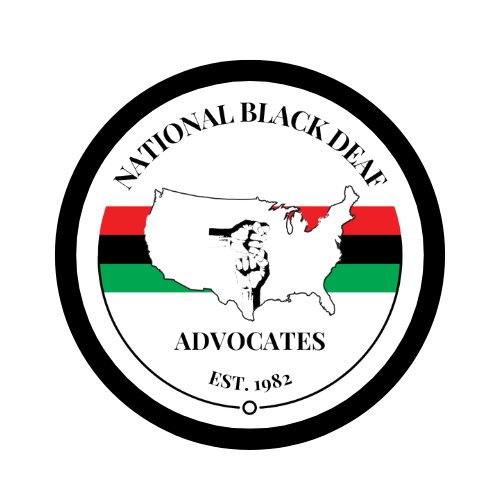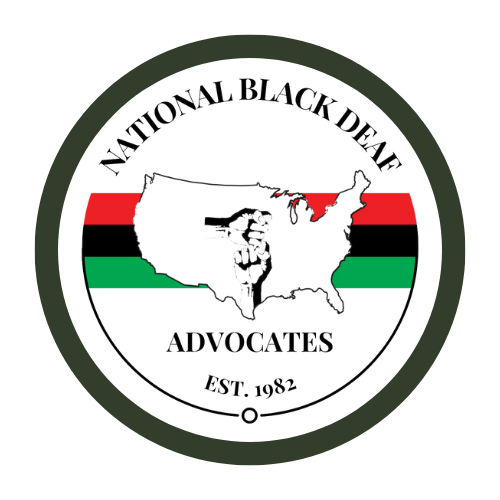What Is Advocacy?
Advocacy is a problem-solving procedure to protect personal and legal rights. There are four different types of advocacy:
- Self-advocacy (to advocate for oneself)
- Individual advocacy (to advocate for another)
- System advocacy (to change the system)
- Legal advocacy (to change the law)
Self-advocacy helps you to get necessary accommodations in public or private settings including education, employment, housing, transportation, and taxation issues.
Individual advocacy is to help another person get services.
System advocacy is to change policies and rules of how services are being provided for the benefit of a whole group of people or for yourself.
Legal advocacy helps get laws passed that benefit certain groups of people or all people.
For instance, the National Association for the Deaf (NAD), Self Help for Hard of Hearing (SHHH), state agencies serving deaf and hard of hearing, and the Association of Late Deafened Adults (ALDA) are service-oriented organizations
that provide advocacy for individuals. They also advocate and propose changes in federal and state laws for all deaf and hard of hearing people.
Stand Up for Your Rights
You have the right to assert yourself whenever you feel conflicted, opposed, taken advantage of, when you are not being served appropriately, not being respected, or are denied equal rights. You have the basic right and responsibility to stand up and speak out to STOP the ill treatment or to correct the problem. Assertiveness is a direct and honest expression of your thoughts and feelings without being angry or attacking another person. Assertiveness is not aggression.
When you are assertive, you will show respect for the other person and allow the person to express his or her thoughts and feelings.
David Gershaw (1995) said that we have three basic rights that we should insist be recognized:
- Right to refuse
- Right to request
- Right to correct the problem
You might have to educate others because not everyone knows the laws that apply to various situations. The National Association for the Deaf (NAD) Law Center (
http://www.nad.org) has a wealth of educational and informative legal documents that can help you explain to people what federal laws apply or why you need an accommodation or service(s). You can also check your local/state agencies
that serve deaf and hard of hearing people.
What Do I Do Next When My Needs Are Not Met?
The next thing to do is to develop a self-advocacy plan. You should take several steps in developing an advocacy plan before you have a meeting with any individual or service provider.
- Define problem(s) (write a statement of the problem)
- Get information (laws, regulations, and policies) about how to meet accommodation needs. Remember: There are different laws for federal government, state/local governments, and private entities. Know who you are dealing with. For instance, is it a federally funded college/university, agency, or organization; a religious organization; a successful big or small business or a business nearing bankruptcy?
- Write a proposal addressing how your accommodation need(s) can be met, including answers to the questions of what, where, when, and how. Be realistic about options that may be acceptable to the other party. You can discuss your ideas with friends, a guidance counselor, or your family. You can have them suggest ideas, too.
- Contact the appropriate people to request and schedule a discussion through personal meeting, e-mail, instant messaging, telephone/TTY, or letter. Set a time frame for them to respond with a statement such as “May I hear from you on date?” Be reasonable in the response time you request. It may be from 2 days to 2 weeks depending on how you inform the service provider and how busy that person’s schedule is.
During the meeting, jot down what you both agreed on as solutions to meet accommodation need(s). Include what, where, when and how. After the meeting, send a thank-you note via e-mail or letter along with a summary of your decisions. This can save a lot of misunderstandings later.

